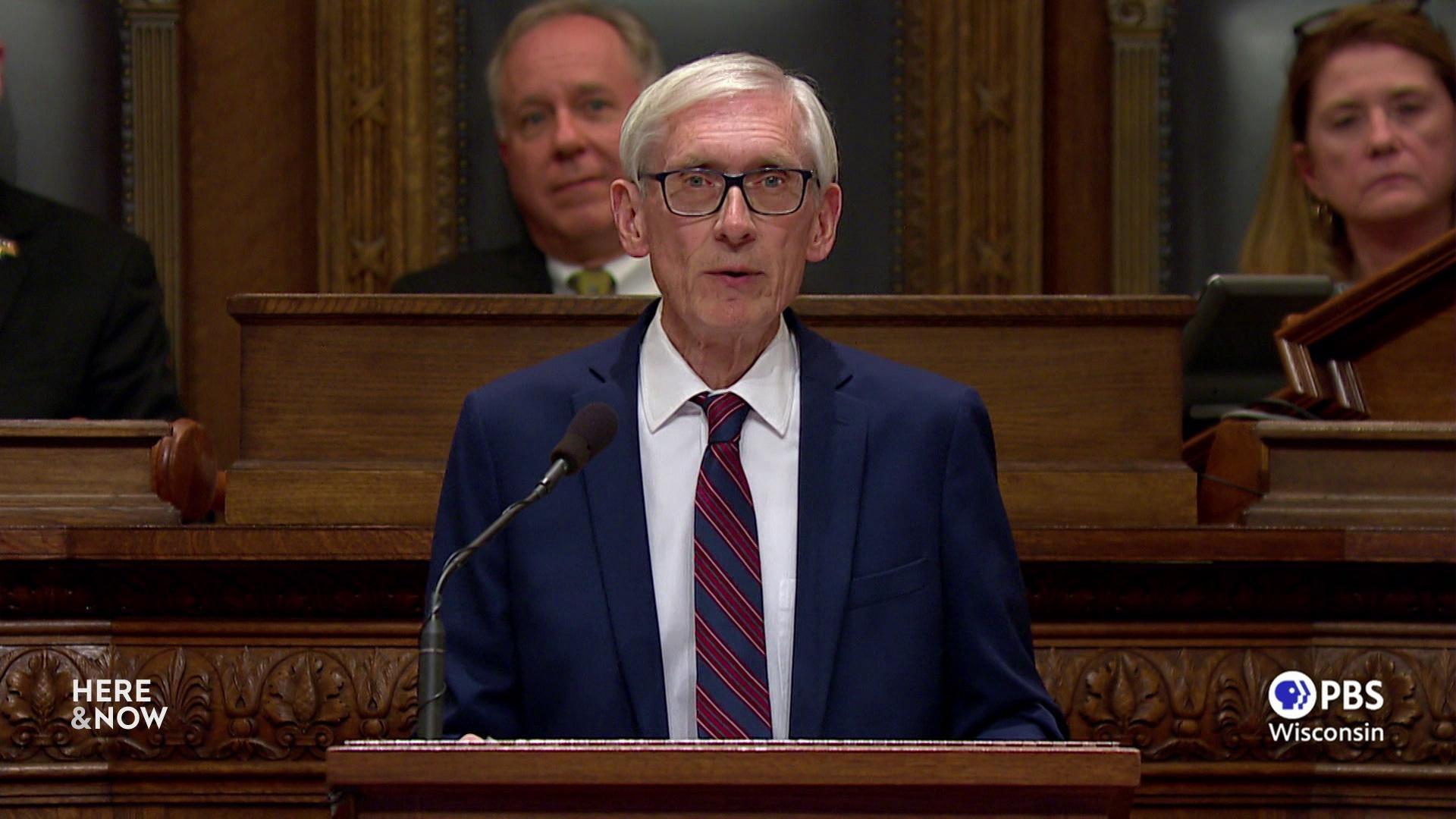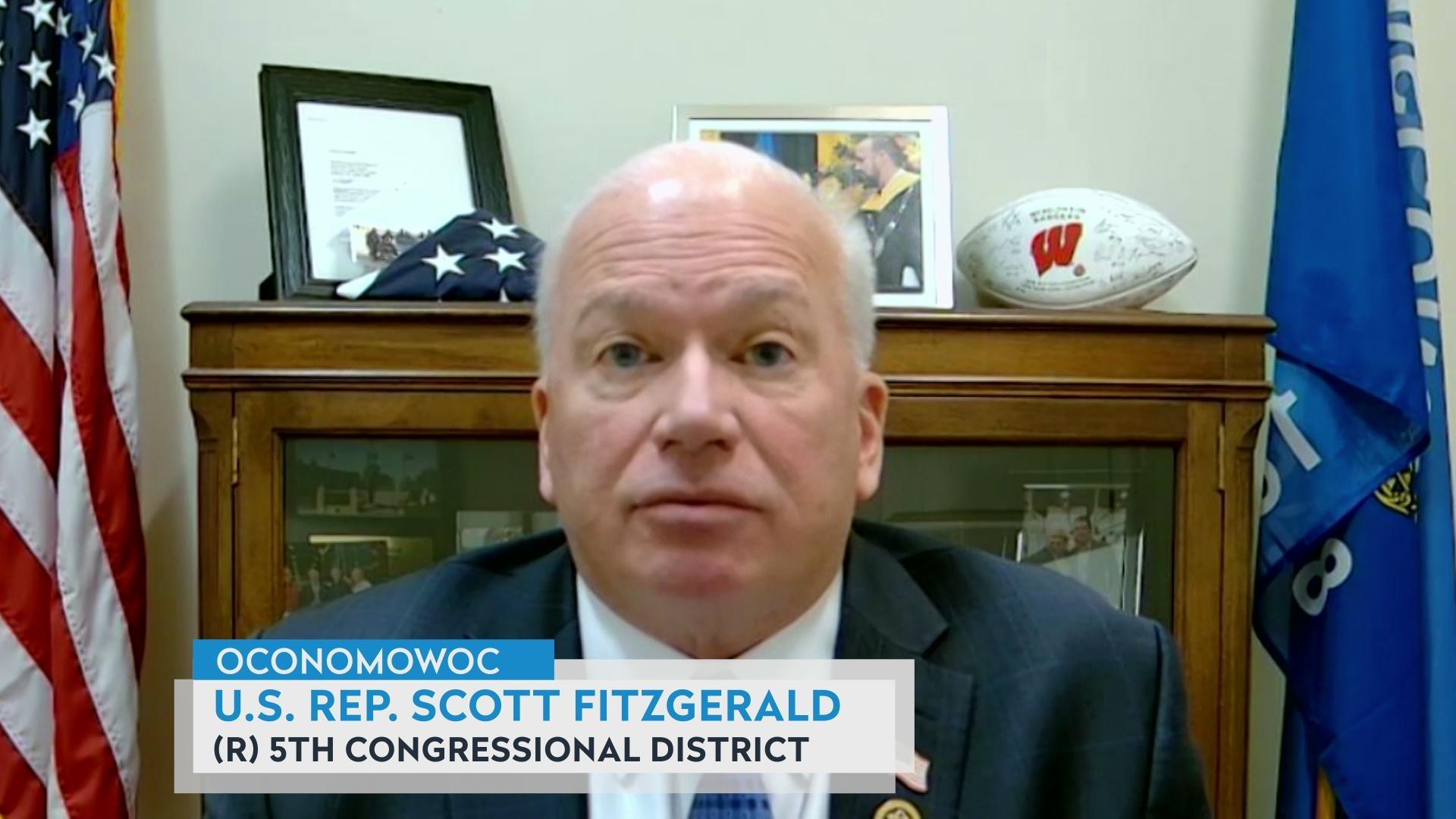Greg Clement on tariffs, trade and Wisconsin manufacturing
By Frederica Freyberg | Here & Now
March 21, 2025 • Southeast Region
Argon Industries owner Greg Clement describes how the Milwaukee-based metal fabricator is adjusting amid uncertainty prompted by tariffs placed on steel, aluminum and imports from Canada and Mexico.
VIDEO TRANSCRIPT
Transcript Coming Soon.
 Passport
Passport











Follow Us